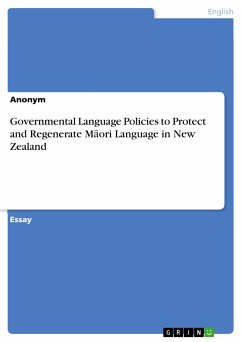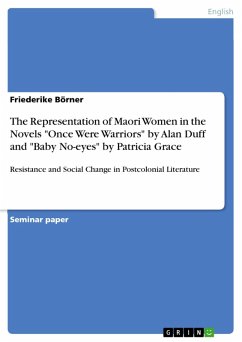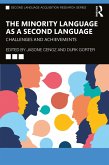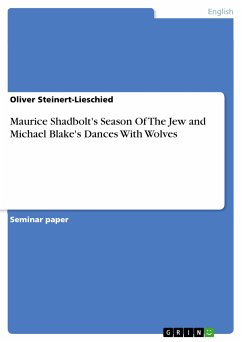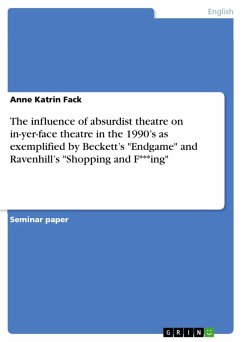Seminar paper from the year 2017 in the subject English Language and Literature Studies - Culture and Applied Geography, grade: 2,7, University of Potsdam, language: English, abstract: Baram in Nepal, Mapuche in Argentina, or the Cherokee language in the United States. All of these languages are spoken by a minority of people in their country and do not have the status of an official language. Like in these countries, New Zealand has a minority with a language that is threatened: the Maoris. The last years of the 20th century and the first years of the 21st century have an important meaning in the fight for the preservation of Maori culture and language. This essay's aim is to examine this period of time concerning the language policies that were made or changed during that time. How did language policy concerning the Maori language change at the turn of the 21st century in New Zealand? In order to be able to answer this question, the essay first focuses on the historical background, specifically at precolonial times, at the signing of the Treaty of Waitangi as a consequence of the colonization by England, and the early 20th century. After this, language policies in the 1990's and early 2000's will be discussed by looking at the policy changes that were made concerning the Maori language during that time. In the end, future prospects for the next 50 years will be given.
Dieser Download kann aus rechtlichen Gründen nur mit Rechnungsadresse in A, B, BG, CY, CZ, D, DK, EW, E, FIN, F, GR, HR, H, IRL, I, LT, L, LR, M, NL, PL, P, R, S, SLO, SK ausgeliefert werden.



